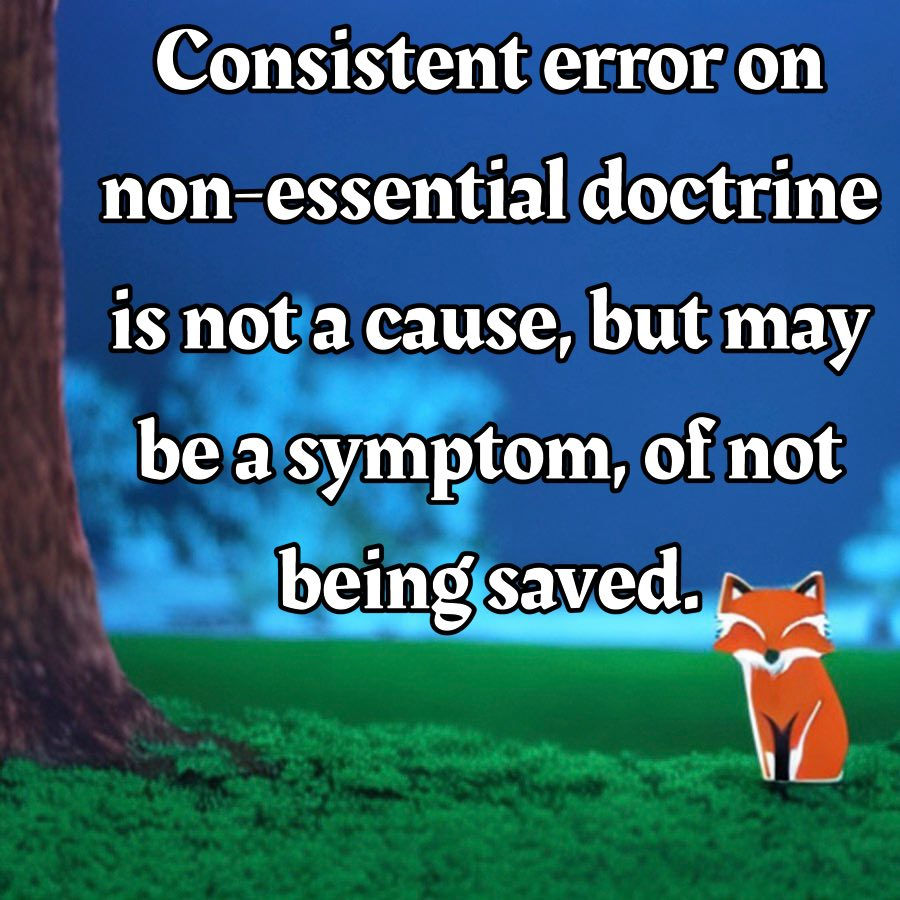The lightning rod of Genesis
- Bible Brian

- Dec 29, 2022
- 4 min read
Updated: Jul 2, 2023

Genesis, being canonically and chronologically the first book in any full Bible, is more than likely going to be one of the first books any student of the Bible is going to read. If you're curious about Christianity (or even Judaism), you're likely going to begin by reading Genesis. If you're a new convert, and haven't been told to read some other book first, you're probably going to begin by reading Genesis. If you're trying to read the entire Bible, whether it's just for sake of having done so, or as part of some new year's resolution to read the Bible more, you're probably going to begin in Genesis.
This is just the way people tend to read books; we start at the beginning. Thus, since Genesis literally means "beginnings", both devoutly faithful readers, and even those with short attention spans who nevertheless begin with good intentions, will begin in Genesis.
On top of this, even those with not-so-good intentions typically begin with Genesis. Unbelievers, particularly atheists, with parallel intentions to the Christians/seekers in the first paragraph, will all likely start their reading in Genesis. But there's more to it than that, as in our culture, Genesis is, without equal, the most attacked book in the entire Bible. Having invented a different narrative to the Genesis account of origins, our culture champions Evolution and the like, which is specifically designed, in the words of Michael Ruse, "...as an ideology, a secular religion—a full-fledged alternative to Christianity, with meaning and morality".
With Genesis being such a prominent book, every Christian should know both its content, and its meaning, because everyone knows it. For the believer, it is the typical beginning of our studies, the source of many of our doctrines, and of course, the word of the Living God. For Satan, it is a common point of attack, a pillar on which to place His dynamite, a hunting ground in which he may seek his prey, and of course a record of his first successful deception. If anyone does not know what it says, they have not treated their Bible with the same reverence as a casual student of religion.
But there are many within the Church who do have such a sloppy approach to Genesis. In spite of how easy it is to access, and how likely it is to be the first book that is accessed, many Christians either refuse to read, or refuse to believe Genesis, chapters 1-11 in particular. Instead, they take their cues from Misotheists such as Charles Lyell, or Charles Darwin. They play dumb when it comes to the correct interpretation of the early chapters of the Bible, suggesting it isn't entirely clear, and after all, "the Bible isn't a science book".
But simply reading the book is enough to tell us what it means. It gets worse for the more diligent students of Scripture (which all Christians should be). Genesis is repeatedly cited throughout Scripture, and never as some possible allegory. Rather, it is always seen as a literal historical narrative, with figures like Adam, Eve, and Noah, being as historical as Abraham, Isaac, and Jacob. Furthermore, the events of their lives are plainly shown to have taken place, with these things even forming the basis of other doctrines. The creation of Adam and Eve, for example, is the basis of marriage (Matthew 19:4-6), and their sin is the entire reason we need a Savior (Romans 5:12-17).

We have no excuse. As Christians, the meaning of Genesis 1 is obvious, and it is important. If we do not know it, it is because we do not want to know it. Does this mean we are not saved? Not necessarily. After all, one can foolishly believe Adam is an allegorical figure, and we share an ancestor with the apes, and still believe Christ died and rose again. But this inconsistency is extremely troubling. After all, just because you can get away with a heresy shouldn't mean you would want to. Thus, if you do cling so dearly to that which is against Christ, that may well be a symptom of not being saved.
Furthermore, if you truly believe Christ, Christ Himself says you are required, both morally and logically, to believe Moses (John 5:45-47). First among the works of Moses? Genesis. Genesis 1-11 are divinely revealed events delivered to history's most prominent prophet besides Christ Himself! And they are strongly affirmed by that same Christ, to the extent where He claims them as foundational to His own words. No Moses, no Jesus.
With all this in mind, it is imperative that we, as a Church, revive our historical commitment to taking Genesis, and indeed all Scripture, as it is written, not conceding an inch of territory to the world. If Satan can set a toe on our ground, we aren't putting up enough of a fight, yet as it stands, he is using Genesis as an outhouse. It's time to take a stand for the word of God, affirming its authority, its reliability, its relevance to the modern world, and its importance to our spiritual lives.






Comments